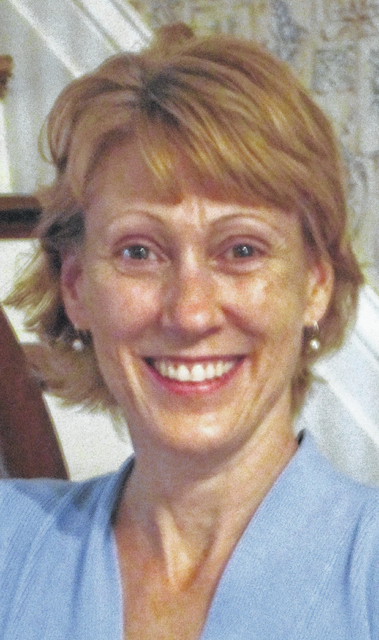
I’m sure I am not alone in feeling a constant low-level fatigue these days. At first, I could not figure out why a daily weariness would creep up on me. But after a month of social distancing with the overall anxiety of coronavirus and its economic repercussions, I put a name on it: emotional exhaustion.
Every little task and interaction outside my house brings fear. Thinking of my nonagenarian parents (in their mid 90s) and not being able to see them or be with them, makes me feel sad and powerless. The thought of bringing home this virus to my immune-compromised husband and its mortal implications fills me with a terrible uneasiness. The uncertainty of the economy and the future, not just of our country, but the entire world, leaves me overwhelmed.
Yet, there is still work to be done, as anyone working in an essential business can attest. Many of us are not self-isolating but going to work every day to fulfill vital needs. Many are working in this COVID-19 environment, risking their lives and the lives of their families, because a $1,200 stimulus check will help, but not for long.
Life, in the time of COVID-19, goes on. People still require food; babies are still born; children still need education and care; people still get sick and die of things unrelated to COVID-19. There are joys and sorrows shared now on social media, phone/video calls, or shouted from the sidewalk to a neighbor’s porch. There are online church services. There are car parades of teachers honking and giving encouragement to their students. There are people who are still offering to help others who need it.
At Andrews House we have reconfigured our programs to deliver necessary services. We now serve our meals carry-out through our “drive-thru;” our Mobile Market is delivered “curbside” with prepacked boxes loaded into trunks; we connect people who need legal advice to volunteer attorneys by phone. Our volunteers work remotely or 6 feet apart and wear masks and gloves.
There remains, however, an underlying foreboding of this virus and all it has wrought: loss of jobs, loss of income, and loss of security. It has laid our world bare and exposed our vulnerabilities, our excesses, and our inequities. There is a need to retreat from the enormity of it, to step out of the way of this emotional steamroller.
I have found a space, in the time provided by social distancing and the void of social busyness, to retreat into contemplation and recognize this emotional exhaustion for what it is. I embrace the quiet and solitude for reflection, and for renewal.
This COVID environment has inadvertently led us all to a worldwide moment of communal retreat. Extraordinarily, it coincides with the Lenten season, Passover, and Ramadan. It gives us a collective time to reflect: to take stock and examine what we are feeling in our hearts and our bodies, to step back and breathe, to find sanctuary anywhere and everywhere, to seek and find refuge in this solitude and quiet, to commune with our creator, and to pray for a way forward for ourselves, our communities, our country, and our world. It gives us a time to find the strength and resources that we already posses, those given by divine grace.
This reflection, this prayer, can lead us to the virtues of prudence, self-control and courage. Never before have these individual virtues been so important. Prudence and self-control will not only give us time to lessen the spread of this virus, but also help us find ways to proceed into the future. Courage will give us the strength, hope, and resolve to find ways to improve our communities, our country, and our world.
I’m hoping that our individual restoration, our retreat into contemplation, can lead to our collective salvation.


